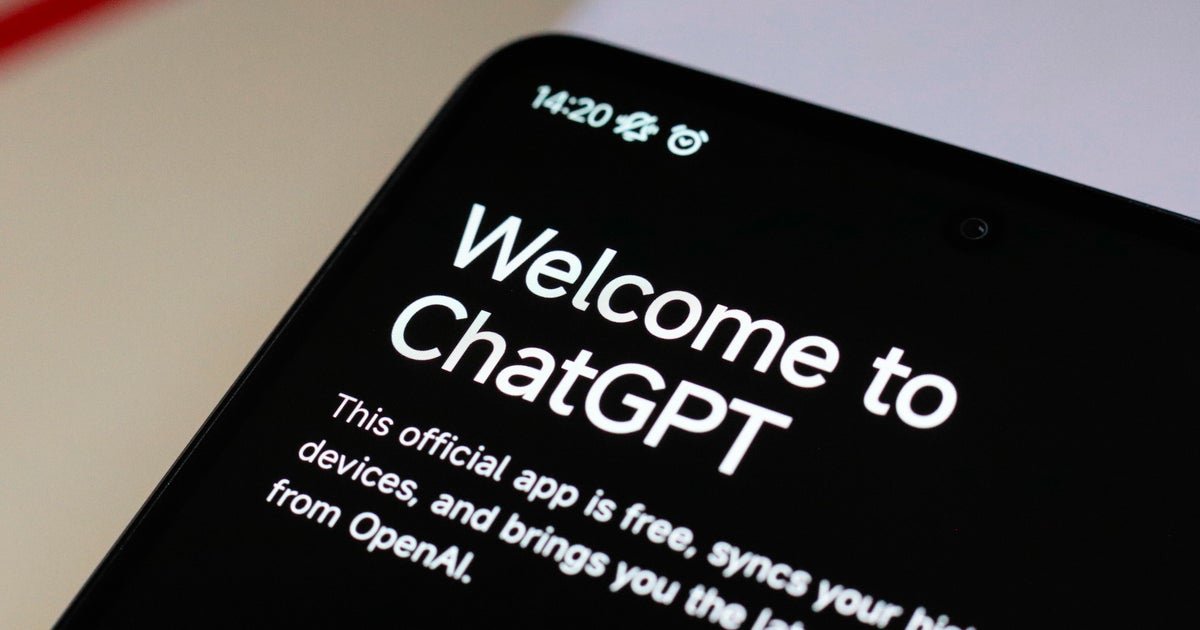- OpenAI signs $300 billion Oracle contract starting in 2027 to expand AI capacity
- Oracle shares jump over 40 percent after reporting $317 billion in future revenue
- Deal raises risks as OpenAI loses money and Oracle takes on heavy debt
OpenAI has signed a contract with Oracle to buy $300 billion worth of computing power over the next five years, according to the Wall Street Journal.
This makes it one of the largest cloud deals ever struck.
The contract will begin in 2027 and is expected to reshape how OpenAI builds and runs its artificial intelligence models.
A huge gamble
The agreement will require 4.5 gigawatts of power capacity, which is enough electricity to supply about four million homes.
It shows how the rush to build AI data centers is driving new highs in technology spending even as questions remain over whether demand will justify such commitments.
Oracle disclosed in its latest earnings report that it added $317 billion in future contract revenue during the quarter ending August 31, partly due to the OpenAI deal.
The news sent Oracle shares soaring by more than 40 percent in a single day. That surge increased Oracle Chairman Larry Ellison’s wealth by more than $100 billion, and saw him overtake Elon Musk as the world’s richest person with a net worth close to $400 billion.
The deal is not without massive risk for both parties, however.
For OpenAI, the agreement provides a new source of computing power after years of relying exclusively on Microsoft’s Azure cloud, but WSJ says the company, which reported about $10 billion in revenue this year, will owe Oracle an average of $60 billion annually under the agreement.
The startup is losing money and has told investors it does not expect to turn a profit until 2029.
Oracle, meanwhile, will have to borrow heavily to finance the AI chips and infrastructure needed to deliver the contract.
Plus, as WSJ reported, “The deal rests on the assumption ChatGPT will continue its explosive growth and be adopted by billions of people across the world, as well as major businesses and governments.”
Industry analysts say the partnership underlines both the promise and the strain of the AI boom. Spending on chips, servers, and data centers worldwide is projected to reach $2.9 trillion by 2028.
Whether OpenAI’s growth can keep pace with its commitments remains an open question.























